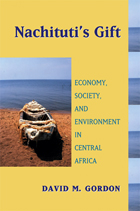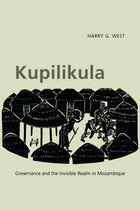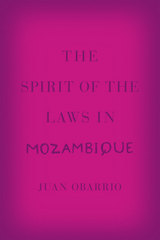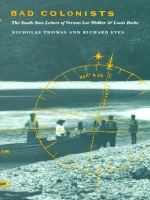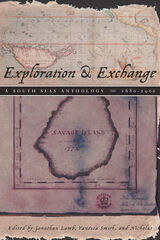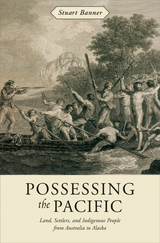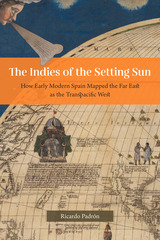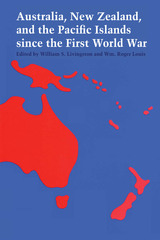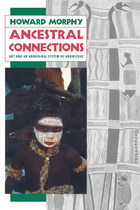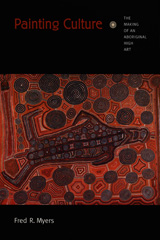Settler Garrison: Debt Imperialism, Militarism, and Transpacific Imaginaries
Duke University Press, 2022
eISBN: 978-1-4780-2292-3 | Paper: 978-1-4780-1831-5 | Cloth: 978-1-4780-1568-0
Library of Congress Classification DU30.K56 2022
See other books on: Foreign economic relations | Militarism | Pacific Area | Postcolonialism | Territorial expansion
See other titles from Duke University Press
eISBN: 978-1-4780-2292-3 | Paper: 978-1-4780-1831-5 | Cloth: 978-1-4780-1568-0
Library of Congress Classification DU30.K56 2022
ABOUT THIS BOOK | AUTHOR BIOGRAPHY | REVIEWS | TOC | REQUEST ACCESSIBLE FILE
ABOUT THIS BOOK
In Settler Garrison Jodi Kim theorizes how the United States extends its sovereignty across Asia and the Pacific in the post-World War II era through a militarist settler imperialism that is leveraged on debt as a manifold economic and cultural relation undergirded by asymmetries of power. Kim demonstrates that despite being the largest debtor nation in the world, the United States positions itself as an imperial creditor that imposes financial and affective indebtedness alongside a disciplinary payback temporality even as it evades repayment of its own debts. This debt imperialism is violently reproduced in juridically ambiguous spaces Kim calls the “settler garrison”: a colonial archipelago of distinct yet linked military camptowns, bases, POW camps, and unincorporated territories situated across the Pacific from South Korea to Okinawa to Guam. Kim reveals this process through an analysis of how a wide array of transpacific cultural productions creates antimilitarist and decolonial imaginaries that diagnose US militarist settler imperialism while envisioning alternatives to it.
See other books on: Foreign economic relations | Militarism | Pacific Area | Postcolonialism | Territorial expansion
See other titles from Duke University Press

